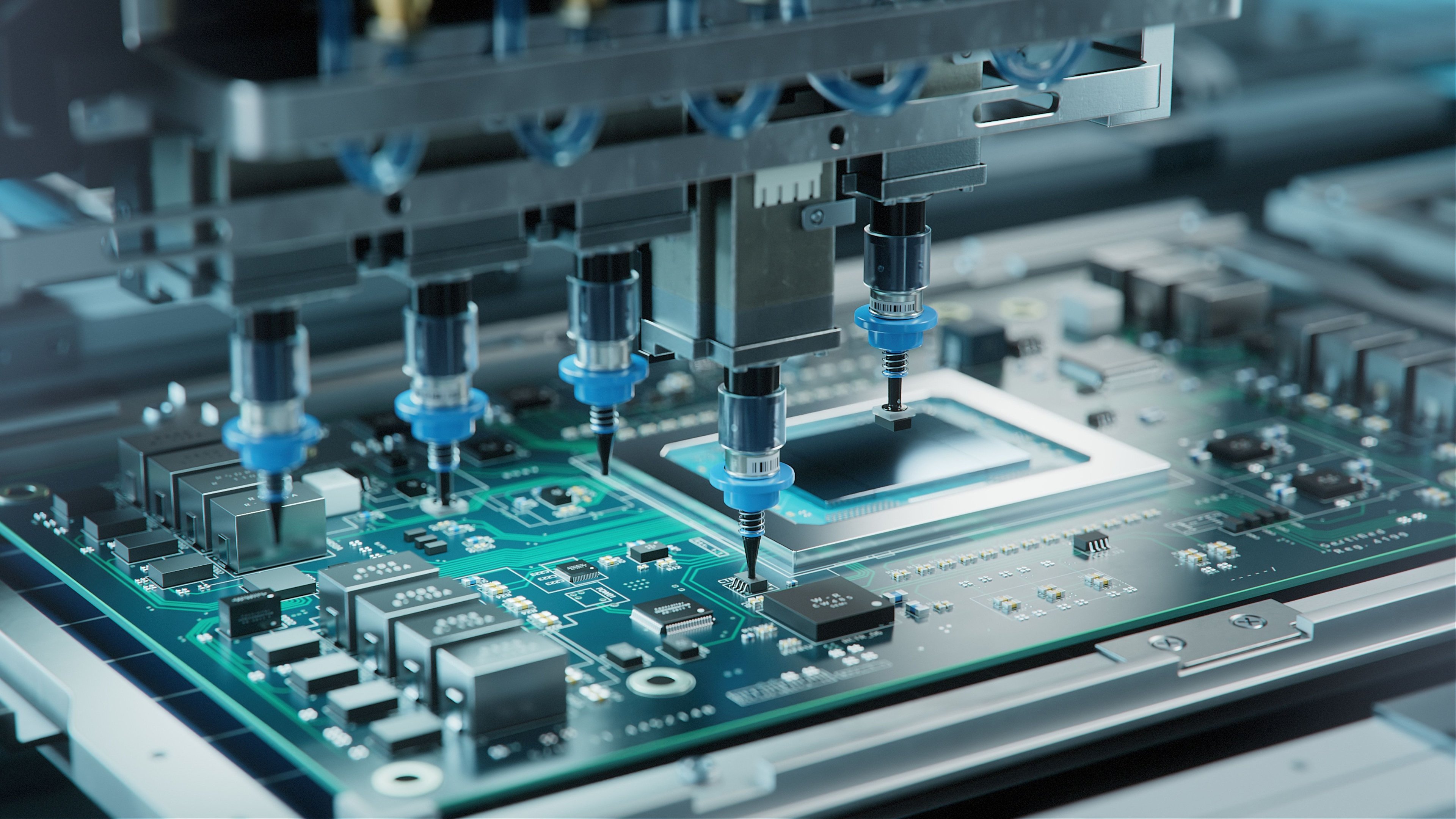
Image source: Cirrus Logic.
The product teardown reports for the Apple (AAPL +0.62%) iPhone 7 and iPhone 7 Plus are in, and at this point the key suppliers of many components are well-known. I'd like to highlight a longtime Apple supplier that appears to have hit the jackpot with these latest smartphones: longtime Apple audio-chip supplier Cirrus Logic (CRUS +0.03%).
Lots more chip content for Cirrus
According to the chip teardown specialists at Chipworks, the iPhone 7 reuses the same audio codec chip that was used in the prior-generation iPhone 6s. However, Chipworks found that the number of audio amplifiers inside the device -- also supplied by Cirrus Logic -- grew from the two that Chipworks found inside the prior-generation iPhone 6s to three.
Separately, a teardown shared by Tinhte.vn showed that both the Lightning-to-3.5mm audio adapter and Apple's Lightning EarPods include Cirrus Logic audio codec chips.
Analysts with Pacific Crest securities (via Barron's [subscription required]), referring to Cirrus Logic as "likely the biggest winner in the iPhone 7," estimates that the iPhone 7 and 7 Plus contain $2.50 in additional chip content per device relative to the iPhone 6s.
Putting this into financial perspective
Typically speaking, whenever Apple releases a new iPhone, the majority of the iPhone demand that it sees is for its latest-generation products. Apple sold 231 million iPhones in fiscal 2015 and demand has been dropping. If we assume that Apple ships roughly 200 million iPhones during the iPhone 7 cycle, with around 65% of the units sold being of the newer iPhone 7/7 Plus model (a solid majority of the units), then we could be looking at 130 million unit shipments of the new iPhone during Apple's coming fiscal year. That would work out to $325 million at $2.50 per phone.
For some context, Cirrus took in $1.17 billion in revenue in its most recent fiscal year. The content increase inside the new iPhone, assuming Apple's unit shipments don't drop precipitously year over year -- which is very unlikely to happen -- should drive substantial growth for the chipmaker.
If Apple winds up seeing unit growth during this product cycle, particularly of its latest iPhones, then that would be icing on the cake.
Taking a longer view
Looking out a little bit longer term, Cirrus' audio content inside the next generation of the iPhone probably won't go down relative to that seen inside the iPhone 7. Indeed, due to Cirrus' track record with Apple, as well as a very strong competitive position from a technical perspective, it is unlikely that Apple would be interested in designing Cirrus completely out of the iPhone or even dual-sourcing for the iPhone in the future.
That being said, there's clearly the risk that Apple will decide that iPhone 8 buyers don't really need that Lightning-to-3.5mm adapter, which would lead to a reduction in Cirrus' content inside of the next iPhone.
However, right now I'm comfortable assuming similar Cirrus content inside the iPhone 7 and iPhone 8. Under that assumption, Cirrus could stand to enjoy further revenue growth from a content increase following the launch of the iPhone 8 as the iPhone 7 series phones will still likely be sold as the iDevice maker's lower cost iPhone option.
Looking even further ahead, it's well understood that Apple is an industry trendsetter. Although in the near term some of Apple's competitors might mock the iDevice maker's decision to ditch the headphone jack, I believe these same competitors will almost certainly eventually realize Apple's wisdom in this regard and ditch the jacks themselves.
If this move causes Apple's competitors to potentially require bundled earbuds or adapters that include their own audio codecs as well, Cirrus could be a prime beneficiary.
Near-term upside could be limited, but...
The analysts with Pacific Crest argue that this content upside "is largely already reflected in Cirrus' guidance and in expectations for the stock" and that they "see limited opportunities for upside."
This is a reasonable conclusion, and at this point I tend to agree with it. Note that the stock has more than doubled from its 52-week lows and has roughly tripled from the lows seen in late 2014.
At the same time, though, I would say that the current business momentum Cirrus is enjoying and could continue to enjoy over the next couple of years means that on any significant dips -- particularly those related to macroeconomic conditions or other non-Cirrus-specific fears -- investors may want to consider picking up shares of the chipmaker.







